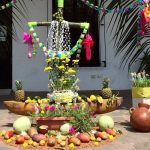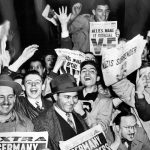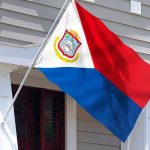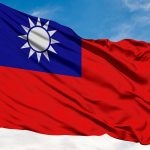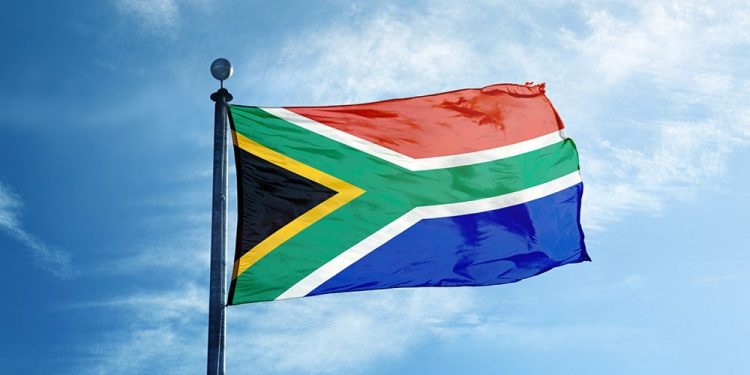
Day Of Reconciliation
Observed annually as a public holiday in South Africa, the Day of Reconciliation is a day observed on December 16th and is intended to foster national unity and reconciliation. It was created in 1995 after apartheid, and the date for its observance was set to the 16th of December because it was significant to both Black African and Afrikaner cultures in South Africa.
The History of the Day of Reconciliation
Racial segregation had been a reality in South Africa since the mid-17th century when the Dutch Empire imposed segregation on the area—an act that continued under British rule during the 18th century.
In 1948, racial segregation was encoded into every part of the South African government, and by 1950, non-white political representation was abolished. This continued until apartheid was abolished in the early 1990s. In 1995, the Day of Reconciliation was created as a public holiday.
The new government chose a date that had meaning for both liberation struggle traditions and Afrikaner culture. When it was first observed, various festivities and parades took place throughout South Africa. In 2013, on this holiday, a statue of the first Black president of South Africa—Nelson Mandela—was unveiled at the Union Buildings in Pretoria.
Every year, the Day of Reconciliation has a different theme. In 2013, the theme was “Nation Building, Social Cohesion, & Reconciliation.” In 2020, the theme was “United in Action Against Racism, Gender-based Violence, & Other Intolerances.”
Basic Facts About Apartheid
Below are some of the basic facts we have come across while researching apartheid. We have listed them below for the convenience of anyone looking to find out a little bit more about it.
- Apartheid is an Afrikaans word that means “separateness.”
- Apartheid was a political and social policy of racial discrimination and segregation imposed by the white minority government in South Africa from 1948 to 1994.
- South African citizens were segregated into different groups: Black, Coloured, Indian, and White.
- Apartheid separated families because the parents could be of one ethnic classification and the children could be placed into another.
Observing the Day of Reconciliation
Although this is a holiday mainly observed by South Africans who want to remember apartheid so that it never happens again and as a point to move on from it, we think that people in other countries can also observe this day. It’s a day on which people can take a good hard look at their own countries and identify the colonialism and racism that has affected them throughout history.
This day is also a good day to learn more about South Africa and how apartheid affected its people through the years. And finally, people can spread the word about this holiday by using the hashtag #DayOfReconciliation on social media.

